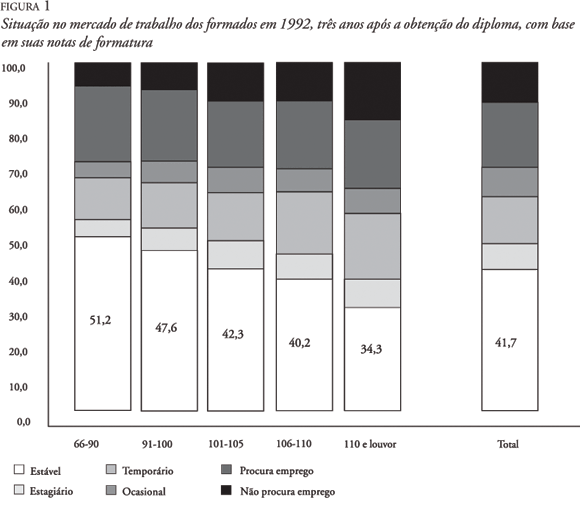The risk is a central theme of the culture in modernity. The dominant culture in modernity has the pretension of affirming as universal the idea that dangers should be faced according to the principles of individualistic rationalism and utilitarianism that should guide the agent that takes the responsibility for the risk. The risk assumes form and relevance for the juvenile phase in the measure as it represents a construction process, an experimentation and statement of one's own identity. A process more and more fragmented and ambiguous that takes place through a prolongation of the transition to the adult life in the extent of a general dynamics of de-institutionalisation of life. What is at play here is another typical demand of modernity: the one for reflexivity, as suggested by Giddens, it is the crucial challenge of the radical phase of modernity. We can recognize in the youths' actions, and precisely in those of a risky kind, the accomplishment of the imperative of doubting: through their acts, they suspend the suspension of the doubt, they accomplish a pragmatic form of reflexivity. The radical modernity produces a challenge. It has to be able to identify the proper stages for the construction and pragmatic experimentation of dynamics of confidence. It has to afford the empowerment of the agents, inscribing the use of such powers in social bonds that, besides being demonstrably effective and no ambivalent, do take into account as much the emotional dimension as the needs of the involved confidence in people's reliability.
Modernity; Sociology of youths; Risk; Reflexivity




